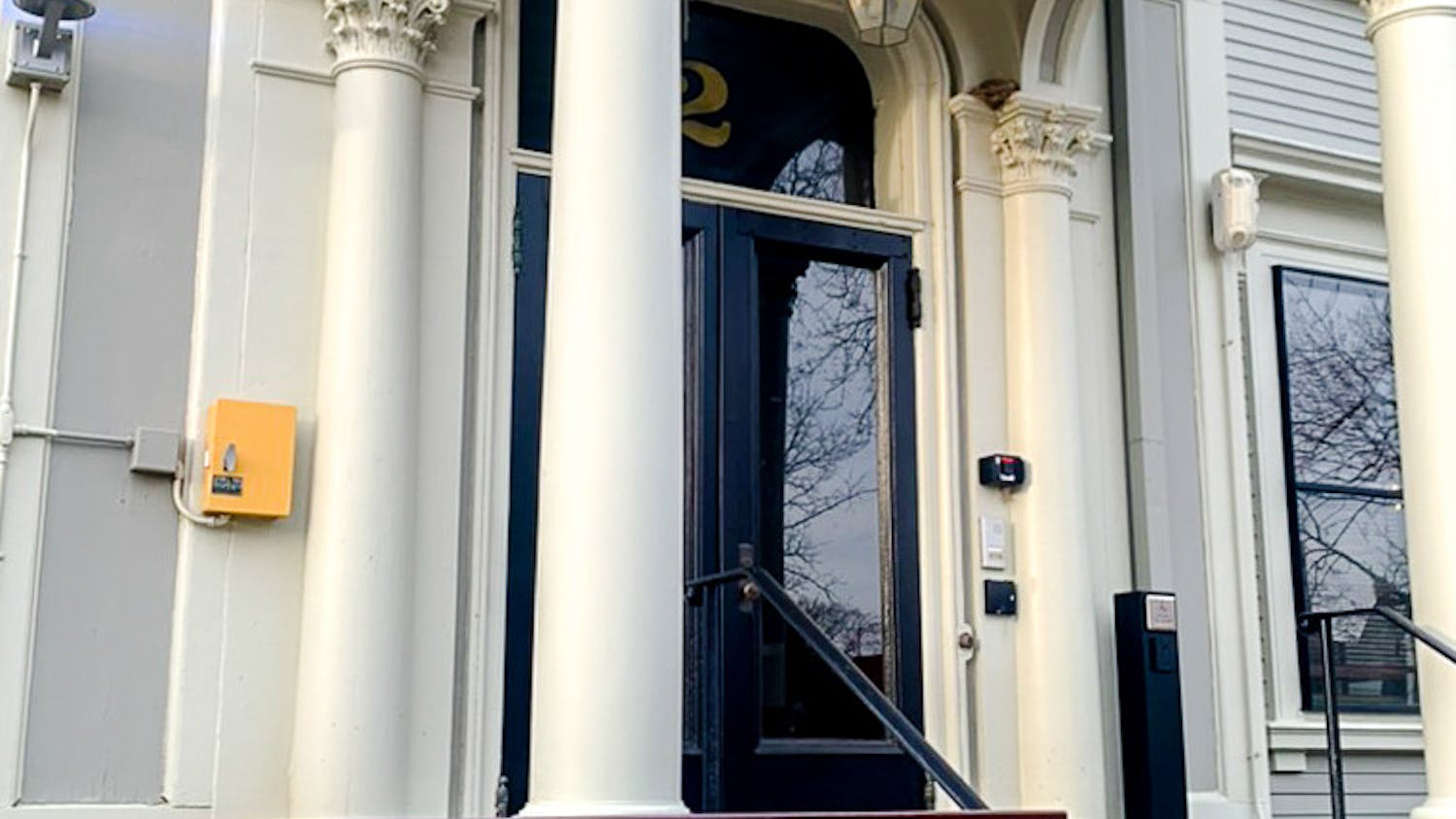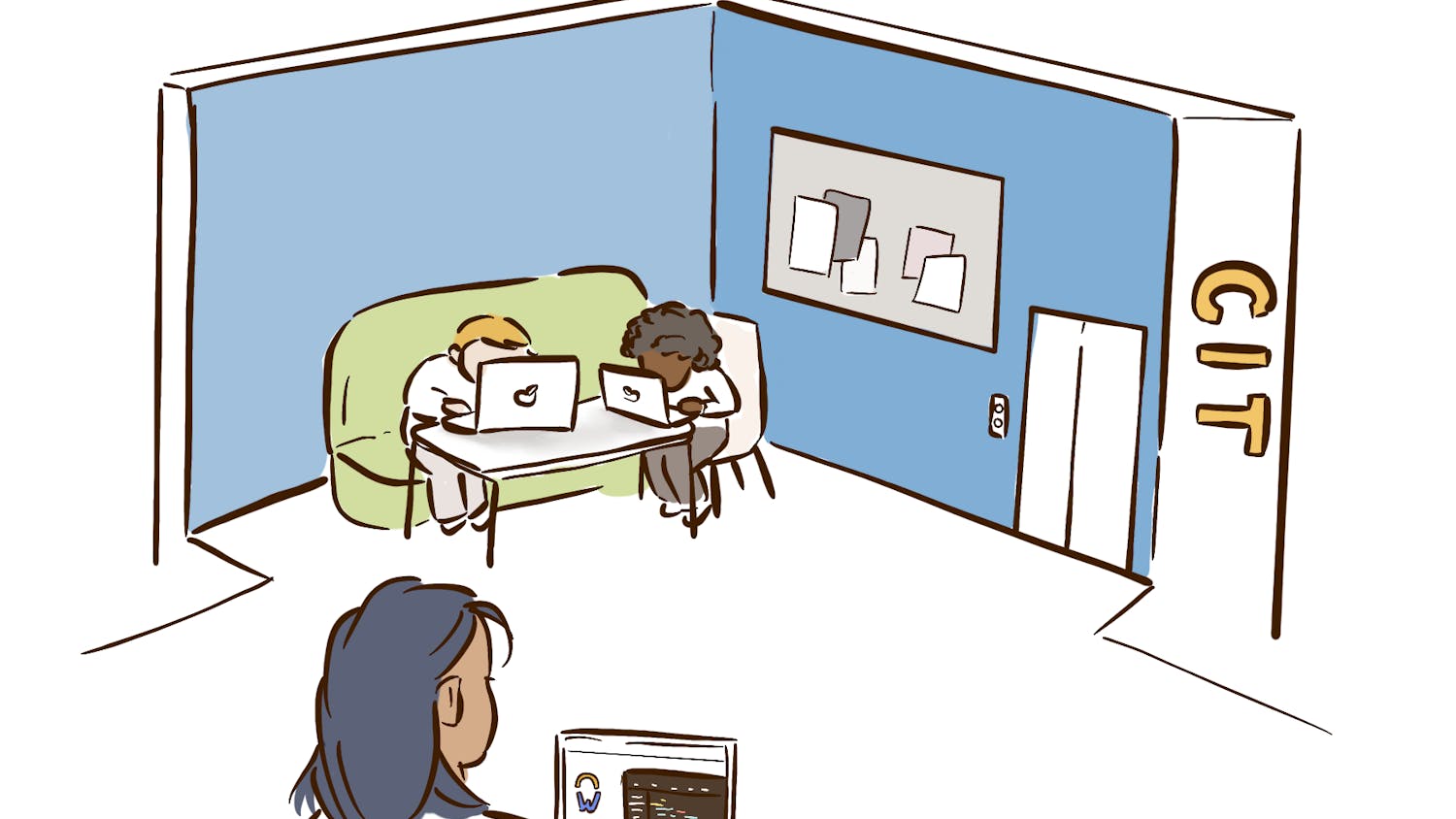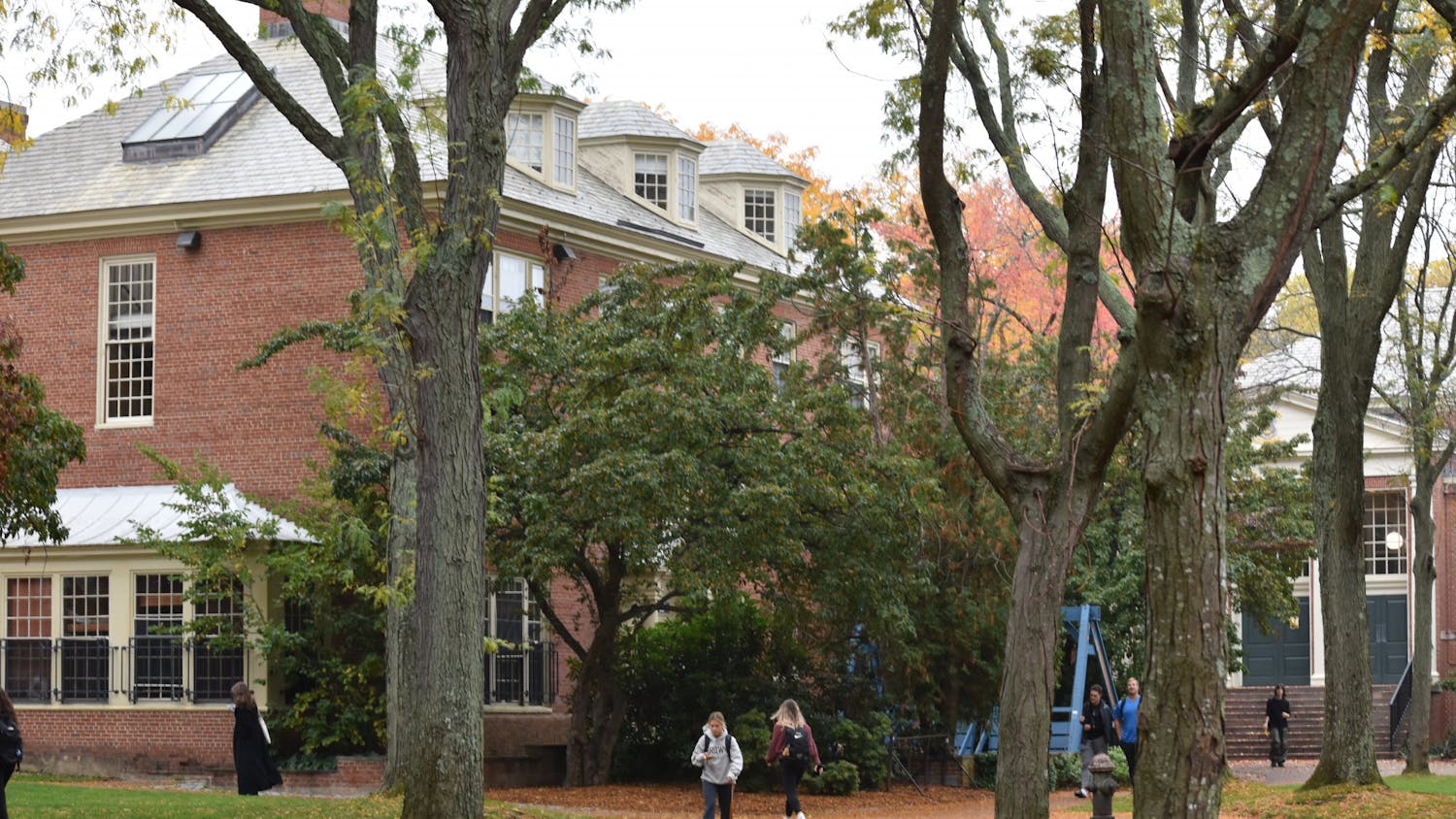Last week, Brown celebrated its fourth annual Love Data week, sponsored by the Office of the Vice President for Research and the University Library. From Feb. 14 to 18, researchers, data scientists, physicians and other university staff members gave presentations on data management, sharing and preservation, according to the Love Data .Ã˝
This year’s theme was “Sharing Data. Seeking Justice. Building Trust.” Presentations ranged from ways data can inform public health policymaking to increasing the accessibility of open knowledge.
According to Arielle Nittenson MAT ‚Äô15 PhD ‚Äô17, assistant director of research integrity, event presenters are chosen by the Love Data Week Planning Committee, which reaches out to potential speakers whose work fits the theme.Ã˝
The event is part of a larger “international celebration of data, aiming to raise awareness and build a community” around data sharing and research, Nittenson wrote in an email to The Herald.
“Brown aims to double the University’s research activity over the next five to seven years,” Nittenson wrote, citing Brown’s 2022 . “As Brown’s research enterprise grows, so will the generation of data,” she added. “Our hope is that Love Data Week will spread awareness of the importance of research data management in the ever-changing research landscape and provide the Brown community with resources to help them adjust.”
In her presentation, ‚ÄúBuilding Data Towards Sex Worker and Migrant Worker Justice,‚Äù Elena Shih, assistant professor of American studies and ethnic studies, discussed her work with the , which she founded through Brown‚Äôs Center for the Study of Slavery and Justice in 2015.Ã˝
“Our research cluster coordinates research projects, invites speakers to campus and serves as a hub to connect students with local community-based movements that are ending to stop state-sanctioned violence,” Shih wrote in an email to The Herald. “Rather than look at human trafficking as something that is interpersonally driven, the cluster analyzes different factors that drive women into poverty and trafficking, such as racism, colonialism, white supremacy, civilian vigilantism and hyper-policing.”
In her presentation, Shih discussed her work with , a New York-based sex worker rights organization. Since 2019, the two groups have been working to construct an oral history ‚Äúthat hopes to speak back to some of the dangerous forms of large data surveillance that is put forward by anti-trafficking organizations like Heyrick Research,‚Äù Shih wrote.Ã˝
Organizations like scrape data from the internet to create visual maps of businesses affiliated with the sex-trade, including some massage parlours which are operated by Asian immigrants, which they believe to engage in human trafficking for the use of law enforcement and anti-trafficking nonprofits, according to its . But as Shih wrote in a 2021 Feminist Forums , this data did not increase arrests for human trafficking, but rather led to a rise in arrests for unlicensed massages and deportations of undocumented massage workers.Ã˝
‚ÄúThat research paved the way for a relationship between Red Canary Song and the New York Civil Liberties Union, (which) co-authored a new in New York to decriminalize unlicensed massage,‚Äù Shih wrote. ‚ÄúI think it really represents a positive new precedent to end the policing that migrant Asian massage workers have endured in the name of rescue.‚Äù¬Ý
In another presentation, Head of Open Metadata Production and Initiatives in the Scholarly Resources Department Mairelys Lemus-Rojas; Curator of the Iberian and Latin American Collections Patricia Figueroa; Director of Undergraduate Studies and Distinguished Senior Lecturer in Portuguese and Brazilian Studies Patricia Sobral PhD ‚Äô97; and PhD student in the Department of Health Services, Policy and Practice Joe Silva discussed the Wikipedia Translation Project.Ã˝
“Only about 20% of the total biographies in the Portuguese (version of) Wikipedia are about women, and this is after many years of different projects focusing specifically on trying to bridge the gender divide,” said Lemus-Rojas during the presentation. Thus, the Wikipedia project started as a way to increase the availability of women’s biographies by giving students in the Portuguese and Brazilian Studies department the opportunity to translate articles.
‚ÄúThere were really many reasons why I jumped at this opportunity,‚Äù Sobral said, who taught POBS 0400: ‚ÄúWriting and Speaking Portuguese,‚Äù the course that participated in the project. In addition to improving the availability of female biographies in Portuguese, this project provides students with the unique opportunity to learn about open data and research.Ã˝
“First, the students experience the carpentry behind open source research tools,” like Wikipedia, Figueroa said. In addition to this, students learn how to incorporate accessibility and inclusivity into open data and “engage in an open platform that is meant to democratically support education and research around the globe,” she said.
Seven students participated in this project, and five uploaded their completed translations.
“As a student going through this process, it was incredibly rewarding,” Silva said. He added that working on the project has been “a little bit different — out-of-the-box, but also something that was deeply, deeply meaningful to me.” Having worked as an epidemiologist on COVID-19 at the Rhode Island Department of Health, Silva chose to translate an article on influenza outbreaks in nursing homes.
In addition to keeping the translation project going in the class, Sobral aims “to figure out other ways in which we can be working with data and with the phenomenal resources and support from the library” for other courses in the discipline, she wrote.
Correction: A previous version of this article listed an incorrect title for Mairelys Lemus-Rojas. The Herald regrets the error.




